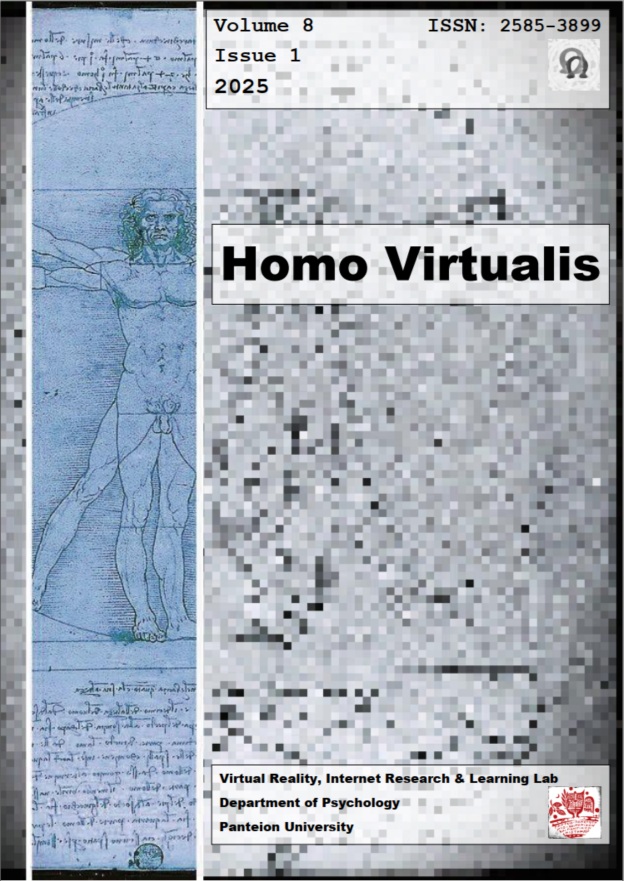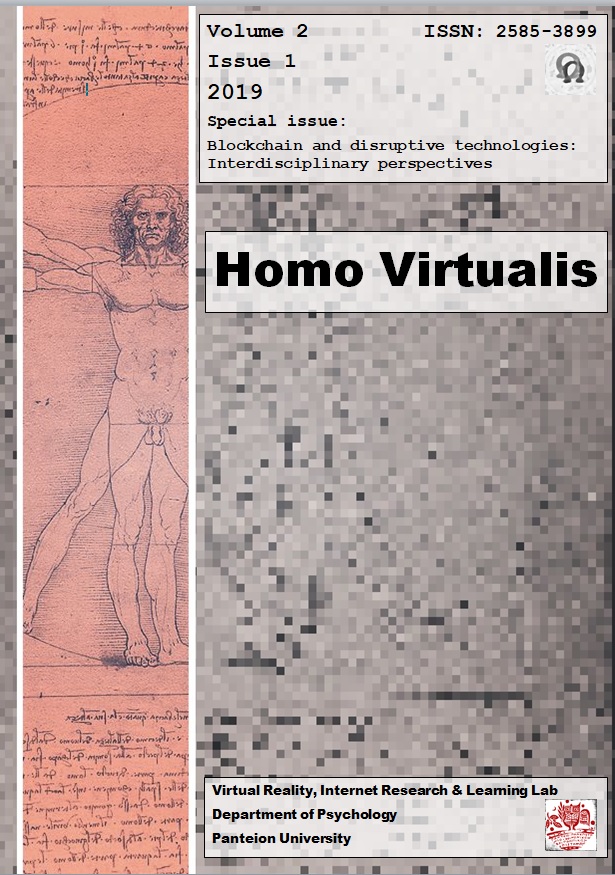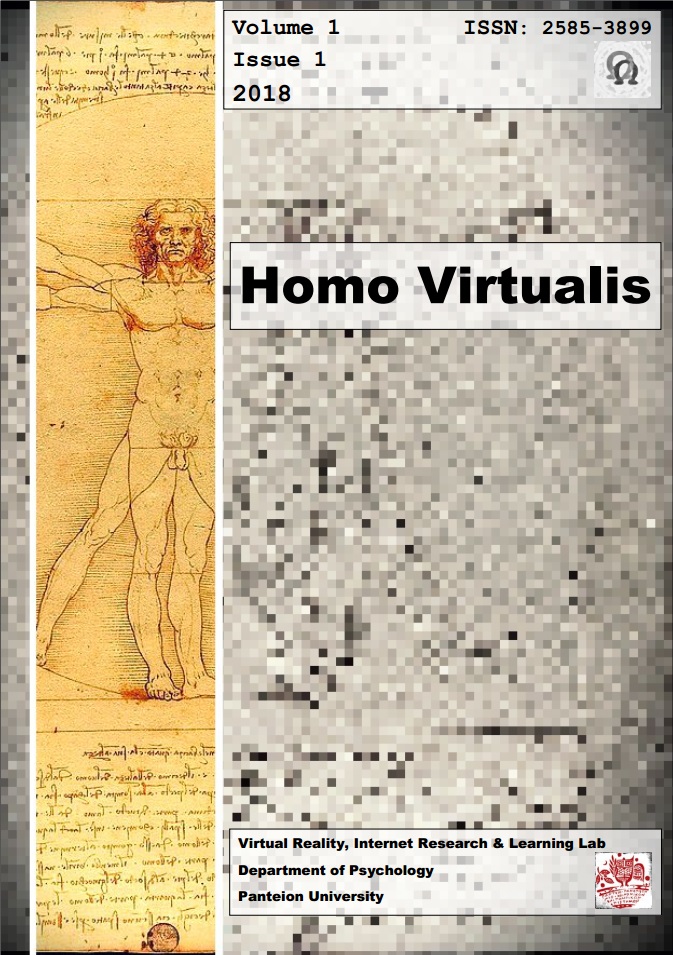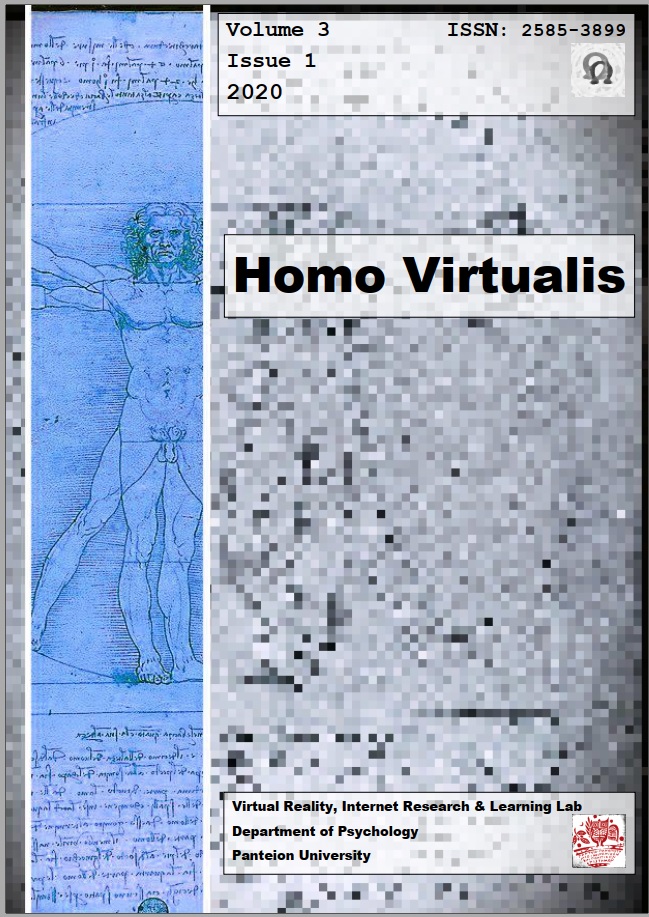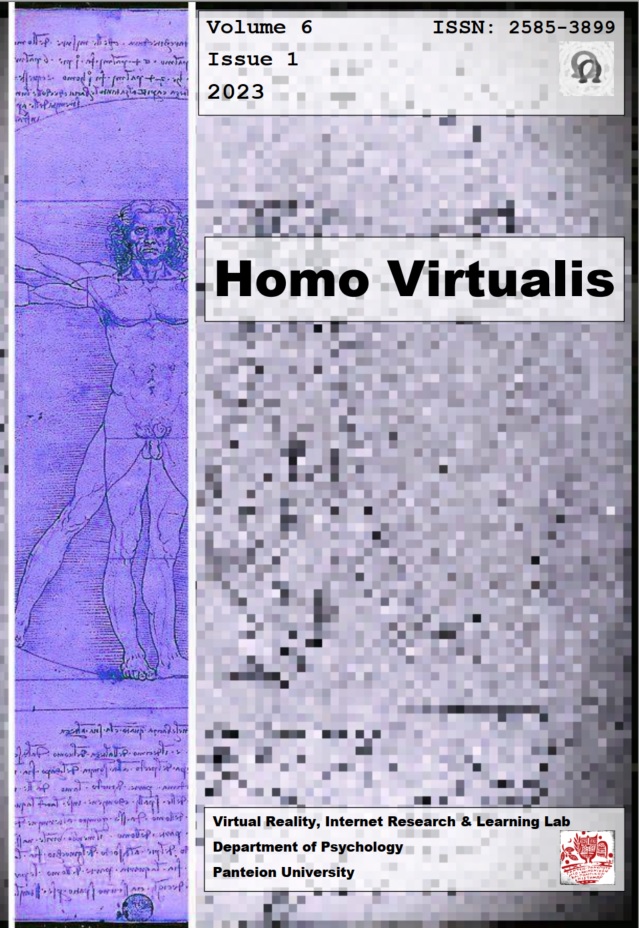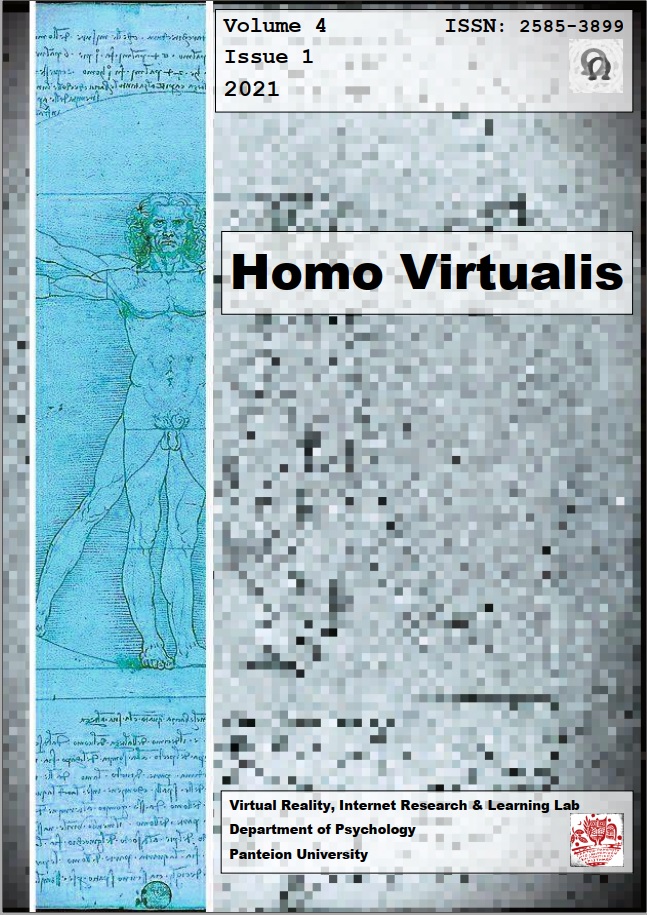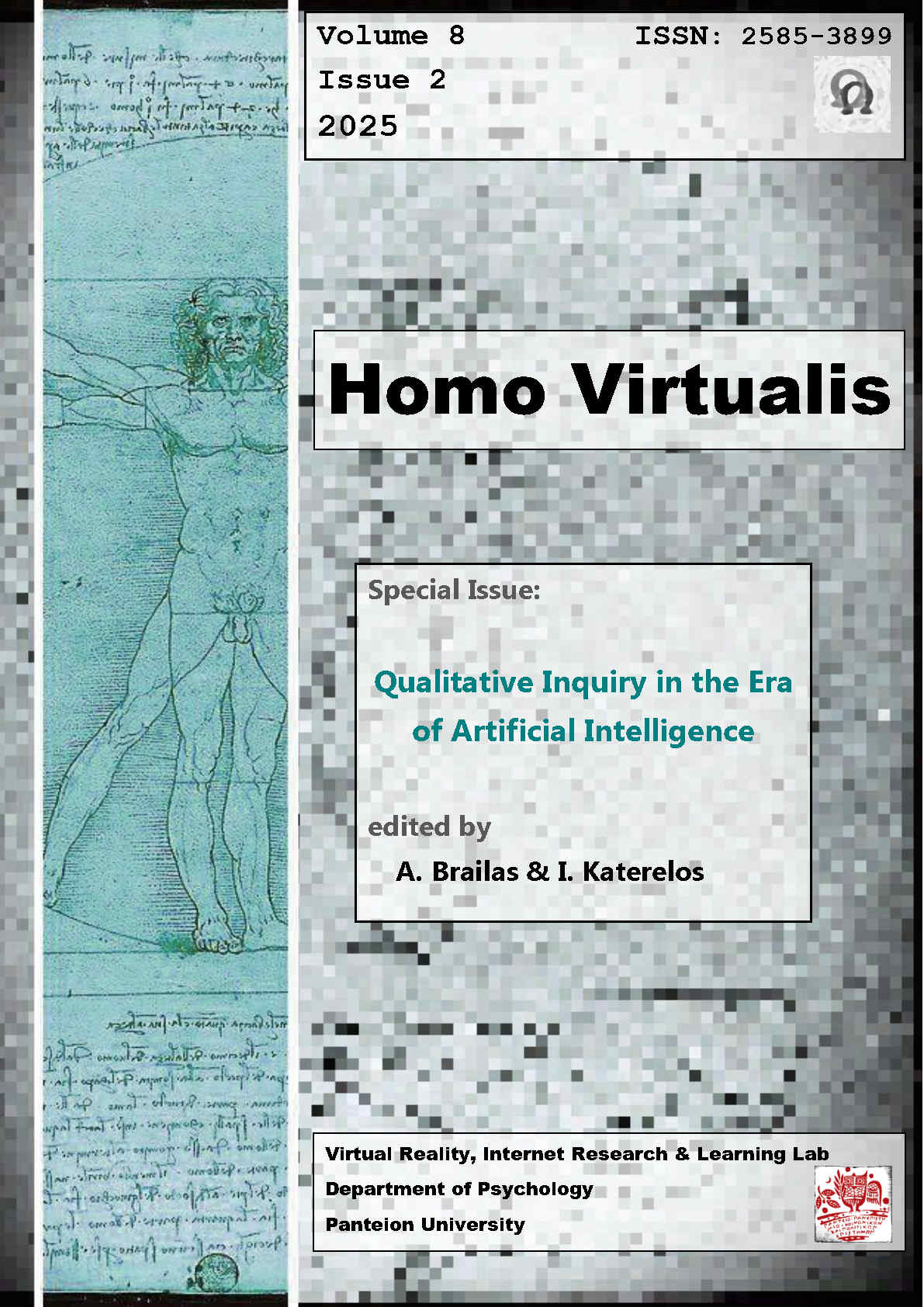The psychological impact of social media: FOMO, social comparison, and media fatigue
Аннотация
This study explores the psychological effects of social media, focusing on the phenomena of Fear of Missing Out (FOMO), social comparison, and media fatigue. Using a qualitative phenomenological approach, the research examines the experiences of 10 young adults (aged 21-23) regarding their relationship with social media and its psychological consequences. The findings indicate that social media could intensify social comparison among individuals, encouraging the construction of a carefully curated digital identity, and heightening levels of anxiety due to the fear of missing out possible experiences and opportunities. Additionally, the overload of information and the constant need to stay connected online all the time may lead to emotional exhaustion and media fatigue. This study discusses the implications of these effects on psychological well-being and suggests potential strategies for a more balanced use of social media. Individuals should be able to use new social technologies in a functional and life-promoting way, and it is a challenge for modern psychologists to assist individuals and groups in this direction. This is not a matter of debate, as it is given today that technology, social media, and artificial intelligence are now an integral part of the post-human, postdigital, condition.
Article Details
- Как цитировать
-
Konstantopoulou, A., & Brailas, A. (2025). The psychological impact of social media: FOMO, social comparison, and media fatigue. Homo Virtualis, 8(1), 1–22. https://doi.org/10.12681/homvir.40950
- Раздел
- Articles

Это произведение доступно по лицензии Creative Commons «Attribution» («Атрибуция») 4.0 Всемирная.
Authors who publish with this journal agree to the following terms:
· Authors retain copyright and grant the journal right of first publication with the work simultaneously licensed under a Creative Commons Attribution License that allows others to share the work with an acknowledgement of the work's authorship and initial publication in this journal.
· Authors are able to enter into separate, additional contractual arrangements for the non-exclusive distribution of the journal's published version of the work (e.g. post it to an institutional repository or publish it in a book), with an acknowledgement of its initial publication in this journal.
· Authors are permitted and encouraged to post their work online (preferably in institutional repositories or on their website) prior to and during the submission process, as it can lead to productive exchanges, as well as earlier and greater citation of published work.

